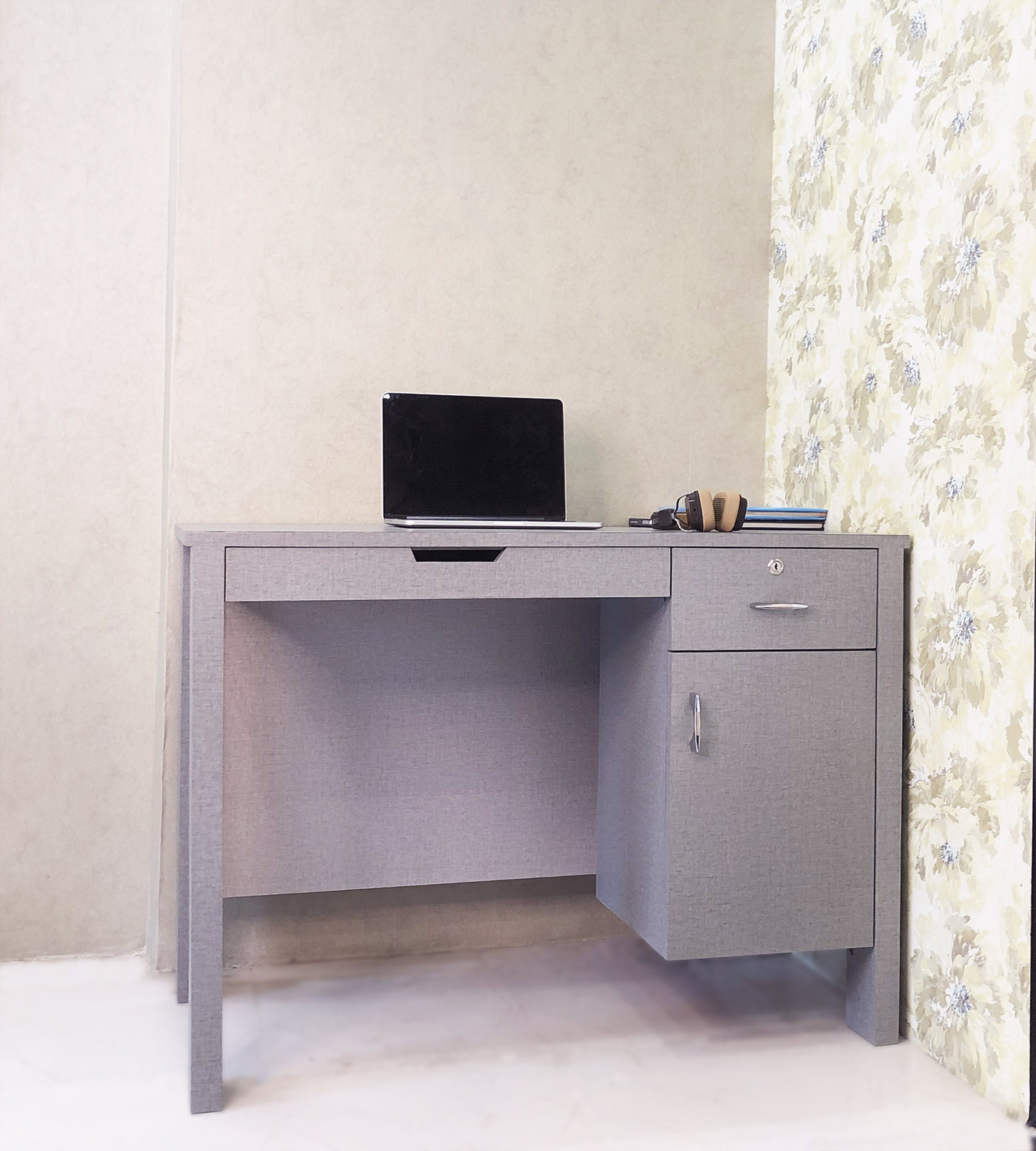Setting up a practical and comfortable study space is essential for anyone looking to enhance productivity and focus. A study table plays a pivotal role in creating an organized and efficient work or learning environment. Whether you're a student preparing for exams, a professional working from home, or a parent helping your child develop good study habits, having the right study table can make a world of difference. From ergonomic designs to space-saving features, the options available today are as diverse as the needs they cater to.
In today’s fast-paced world, distractions are everywhere, making it more important than ever to have a dedicated place for studying or working. A well-designed study table not only helps in keeping everything within reach but also promotes better posture, reduces clutter, and enhances overall productivity. But with so many choices available in the market, how do you pick the one that suits your requirements perfectly? This comprehensive guide takes you through every aspect you need to consider before making a decision.
We'll explore the various types of study tables, their features, and the factors to consider when purchasing one. By the end of this article, you'll have a clear understanding of what to look for in a study table and how to make an informed choice. Plus, we’ll answer some frequently asked questions and provide practical tips to help you find the ideal study table that meets your needs and fits seamlessly into your space. Let’s dive in!
Read also:Net Worth Of Rockefeller Family
Table of Contents
- What is a Study Table?
- Why is a Study Table Important?
- What are the Different Types of Study Tables?
- What Features Should You Look for in a Study Table?
- How Does a Study Table Impact Ergonomics and Health?
- How to Choose a Study Table for Small Spaces?
- Materials and Durability: What to Consider?
- Study Tables for Kids: What Makes Them Unique?
- Best Study Tables for Working Professionals
- How to Customize Your Study Table for Maximum Efficiency?
- Study Table Maintenance: Tips to Keep it in Top Shape
- Affordable and Budget-Friendly Study Table Options
- Where Can You Buy Quality Study Tables?
- FAQs About Study Tables
- Conclusion
What is a Study Table?
A study table is a specifically designed piece of furniture that provides a surface for reading, writing, and working. Unlike regular tables, study tables often come with additional features such as storage compartments, drawers, and ergonomic designs to cater to the needs of students, professionals, and anyone who requires a dedicated workstation.
These tables are crafted to optimize space, enhance productivity, and improve posture, making them an essential addition to homes, offices, and educational institutions. Study tables come in various sizes, materials, and designs, ranging from minimalist styles for small spaces to elaborate setups with multiple compartments for extensive storage.
Key Components of a Study Table
- A flat, sturdy work surface for writing, reading, or placing a laptop.
- Drawers or shelves for organizing books, stationery, and other essentials.
- Ergonomic features to ensure comfort and correct posture.
- Customizable options to suit individual preferences and needs.
Why is a Study Table Important?
Whether you’re a student or a professional, the importance of a study table cannot be overstated. Here’s why:
Enhances Productivity
Having a dedicated space for studying or working minimizes distractions and helps you focus better. A study table ensures that all your materials are organized and within reach, saving you time and effort.
Promotes Better Posture
Sitting for long hours in an incorrect posture can lead to back pain and other health issues. A well-designed study table encourages proper posture, reducing the risk of long-term discomfort.
Encourages Organization
With compartments, drawers, and shelves, a study table helps you keep your workspace clutter-free. This not only enhances efficiency but also creates a more appealing and calming environment.
Read also:Latest Kannada Movies 2023 Movierulz Downloads
What are the Different Types of Study Tables?
Study tables come in various types to cater to different needs and preferences. Here are some of the most common types:
Writing Tables
These are simple tables with a flat surface, ideal for writing and reading. They are often lightweight and easy to move around, making them a popular choice for students.
Computer Tables
Designed to accommodate computers and related accessories, these tables come with features like keyboard trays and cable management systems.
Wall-Mounted Study Tables
Perfect for small spaces, wall-mounted tables can be folded away when not in use. They are a great space-saving option.
Executive Desks
These are larger tables with multiple compartments, suitable for professionals who need ample space for files, gadgets, and other work essentials.
Customized Study Tables
These tables are tailored to meet specific needs, combining features like adjustable heights, unique designs, and personalized storage options.
What Features Should You Look for in a Study Table?
Choosing the right study table involves considering several key features:
- Size: Ensure the table fits comfortably in your space without making it feel cramped.
- Storage: Look for tables with adequate drawers and shelves to store your essentials.
- Material: Choose a durable material that aligns with your aesthetic preferences.
- Ergonomics: Opt for a design that promotes good posture and comfort.
- Mobility: Consider tables with wheels or lightweight designs if you need to move them frequently.
How Does a Study Table Impact Ergonomics and Health?
A poorly designed study table can lead to discomfort and health issues over time. Here’s how the right table can make a difference:
- Encourages a neutral spine position, reducing back and neck strain.
- Prevents repetitive strain injuries by maintaining proper arm and wrist alignment.
- Promotes better focus and reduces fatigue by ensuring a comfortable seating posture.
Investing in a study table with ergonomic features like adjustable height and a comfortable chair can significantly improve your overall health and productivity.

